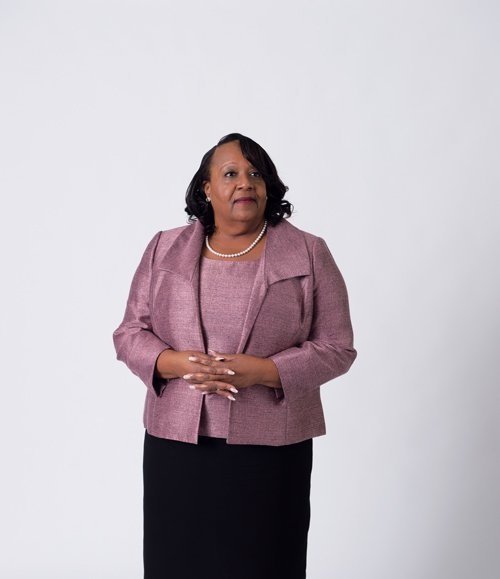Leaders Reflect
What would philanthropic leaders have told themselves in December of 2019 that would help prepare them for what was to come in 2020 and 2021? Read more
Janice Lane Schroeder
CEO, Children & Families of Iowa
Dear Janice in December 2019,
In preparation for the upcoming year, it is always a motivating time for me to look back at goals set, goals accomplished and goals that never came to fruition. To relish over the projects that made a significant impact over the lives of those served and the building of new relationships and partnerships throughout the state and local communities. Always planning next steps to keep the momentum going and engaging others to join in the vision. It is during this period of collaboration that change occurs along with a period of enlightenment.
It has been a difficult year managing through the funding challenges, COVID-19 and its impact on workforce, health care and mental health. The unveiling of racism and of the lack of acceptance of diversity, equity and inclusion in our community, state and the nation. With all these issues weighing heavily on our daily thoughts and impacting our daily behaviors and decisions. Now is the time that we must move out of our own comfort zone and work together to be the difference in all that we say and do for each other. As the late Congressman John Lewis often quoted, “If not us, then who? If not now, then when?”
It is time for a bold move and a leap of faith to align the organization with strategies that will ignite transformation. Strategies that will purposefully transform the health, education and financial stability of all kids, adults and families for a lifetime. Kids and families are depending upon the agency and its advocacy in the community. We must continue to stand up, step up and speak out against recommendations or plans that will either isolate, eliminate or discriminate against those served and those that provide the service.
Change is difficult to embrace and implement on a direct-service level. Recognize that everyone does not share the same vision or commitment to the mission or how to fulfill the mission. As a nonprofit, it is important to invest in and support your staff. Create more opportunities for success and long-term longevity for those who provide service in the human service field.
In the development of new programs, it is important to remain hopeful and engaged in all aspects of the work. Over the past year the Culture Climate Committee launched, where staff voiced their ideas, strategies and concerns to leadership to improve services and the work environment. The work is difficult and often isolating at times. The tough times of COVID-19 created occasions for staff to “think outside the box” to keep families safe and avoid closure of services. It also provided the space to have intentional conversations regarding race, equity and inclusion. The ability to utilize internal resources and expertise are vitally important for the health and growth of an organization.
There are many lessons learned as we continue to move forward engaging with kids and families. Technology has enhanced the ability to connect in more efficient and expedient ways. As such, this should be an integral part of how an agency transitions to stay ahead of the curve in the human service industry. Building access points and technology that are both user-friendly and available to all for support when it is needed most.
Expanding the vision of employee connections around the concept of workstation to include working from home as a viable option. The flexibility provided to staff is a strong recruitment and retention tool and it positively impacts work satisfaction and performance. It is important to remember the competitive and difficult nature of the work. Take time to train and support your staff.
Make it a priority to connect with member(s) of your senior leadership team daily either by phone or virtually. It is important to maintain a strong level of communication during the good times and the bad times. As they are in leadership as well, there are occasions that they too need support and may feel overwhelmed.
It is important to pay attention to those who are close to us on a daily basis. Take time to care for yourself. Utilize those opportunities to assess what is most important and needed to keep moving forward. Tomorrow is another day!
Sincerely,
Why is philanthropy important to our community?
When I think about the importance of philanthropy, I think about the founders of Children & Families of Iowa, a small group of ministers, educators and community stakeholders who formed an association called the Iowa Education Aid Association. The purpose of the association was to place homeless Iowa children in childless homes. That vision created some 133 years ago was the seed that was cultivated and nurtured through philanthropy.
Throughout the years, people have engaged in specific causes due to personal experiences or community need. Philanthropy provides a path for everyone to participate in developing a solution to an issue or a problem. It’s about being the difference.
I believe that philanthropy strengthens a community and the families that reside within the community. It also fills the funding gap where state and federal budgets fall short.



